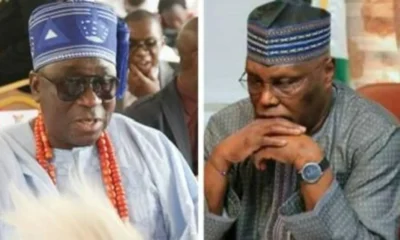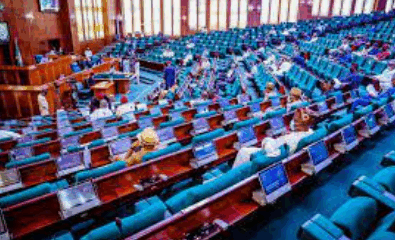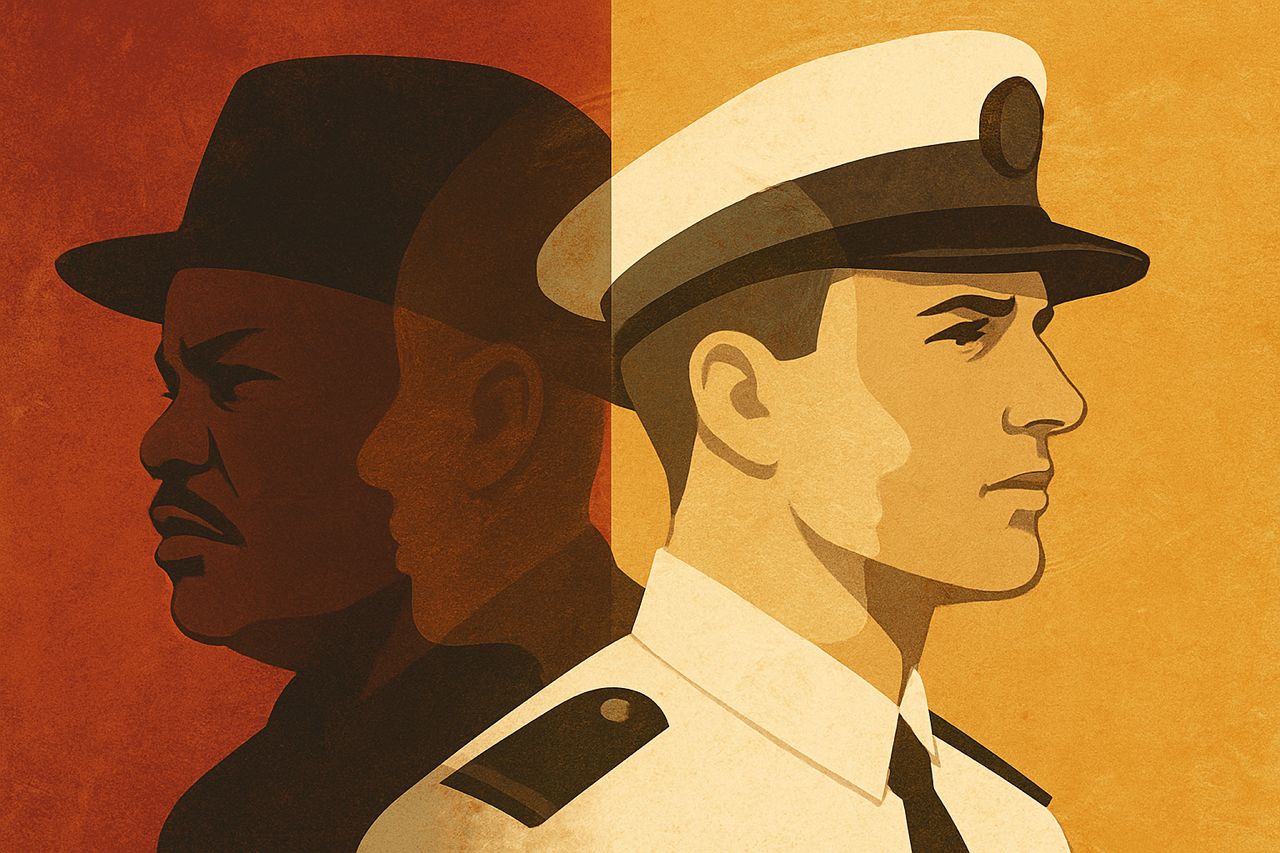Public Work or Defiance?
In a country where power often speaks louder than law, the recent confrontation between FCT Minister Nyesom Wike and a Naval officer did more than spark an argument. It stirred something deeper about how Nigerians now see authority.
The video showed what many described as an altercation: Wike visibly angry, the naval officer standing firm, refusing to yield. In a different setting, it might have been a routine exchange of hierarchy. But Nigeria is no longer a place where power goes unquestioned, and that made the moment explode into fascination and quiet applause.
Between Law and Ego
Inside military circles, there is a colloquial expression called “Two Fighting”. It is not a written law, but a saying, used when a senior officer assaults a junior one without legal justification or outside military boundaries. It captures a simple truth whispered in the barracks: rank may command obedience, but it should never erase dignity.
Yet, this was not two fighting. This was a civilian political authority confronting a uniformed officer, a delicate space between governance and discipline, between civil power and uniformed restraint.
By law, Ministers direct policies, not soldiers. The Armed Forces Act makes clear that obedience belongs within a defined chain of command. So while Wike may have carried political weight, the officer’s calm refusal stood on the firmer ground of legality, and perhaps morality too.
Still, power has its own dialect, and sometimes ego translates it louder than law.
The Street’s Verdict
If the law spoke in nuance, the people spoke in certainty. Nigerians did not see a minister enforcing order. They saw a man in power trying to impose himself, and a naval officer who refused to bow.
Across motor parks, offices, and social media timelines, one thing was constant: Admiration. Not necessarily for defiance, but for composure. The officer’s restraint felt like a collective release, the kind that says, “At least someone stood up today.”
It was not rebellion they saw. It was representation. For once, someone in uniform seemed to mirror the quiet dignity Nigerians wish their leaders would show.
The Weight of Punishment
Yet, within the military, hierarchy remains sacred. Technically, the officer could face disciplinary action, not for fighting, but for the embarrassment the episode brought.
But here is where the lines blur again: when a man in uniform is punished for restraint, the public does not see discipline. They see injustice. And in a country already brimming with silent anger, such a message can ripple far beyond the barracks.
Because military men are Nigerians too. Their uniforms may set them apart, but their frustrations are rooted in the same soil. When one of them is made a scapegoat for showing composure, the people watching from the sidelines feel it personally. Their silence starts to sound like protest waiting for a trigger.
Sometimes it takes very little for collective irritation to turn into open defiance, not from hate, but from exhaustion.
The Balance We Need
Moments like this test more than authority; they test perception. They force a country to ask if power can coexist with fairness.
What the situation needs is not punishment or spectacle, but Arbitration, the kind that listens before it judges. Because the more openly government can resolve such tensions, the more quietly the people begin to believe again.
Arbitration here is not just about a verdict; it is about trust. It is the government telling its citizens, “We can be firm without being cruel.” That message alone can hold back the tide of cynicism rising in the hearts of those who have stopped expecting justice to ever look familiar.
Beneath the Outburst
This incident was never about a fence, a title, or a patch of land. It was about something far more human, the way Nigerians now relate to those who hold authority over them.
They are not anti-leadership. They are simply weary of the kind that confuses service with status.
That is why Wike’s anger did not register as zeal for order, but as the old sound of entitlement. And why the naval officer’s restraint felt like a glimpse of the Nigeria people still hope for, a place where discipline and dignity do not cancel each other out.
The Echo
Maybe this was not about who was right or wrong. Maybe it was about what happens when power finally meets a kind of calm it cannot command.
Because in that brief standoff, Nigerians did not just see an officer.
They saw themselves, standing tall, unarmed, but finally unwilling to move.

 BIG STORY4 days ago
BIG STORY4 days ago
 BIG STORY4 days ago
BIG STORY4 days ago
 BIG STORY17 hours ago
BIG STORY17 hours ago
 BIG STORY3 days ago
BIG STORY3 days ago
 BIG STORY4 days ago
BIG STORY4 days ago
 BIG STORY4 days ago
BIG STORY4 days ago
 BIG STORY4 days ago
BIG STORY4 days ago
 BIG STORY2 days ago
BIG STORY2 days ago





















